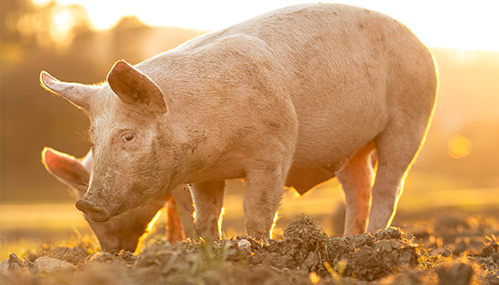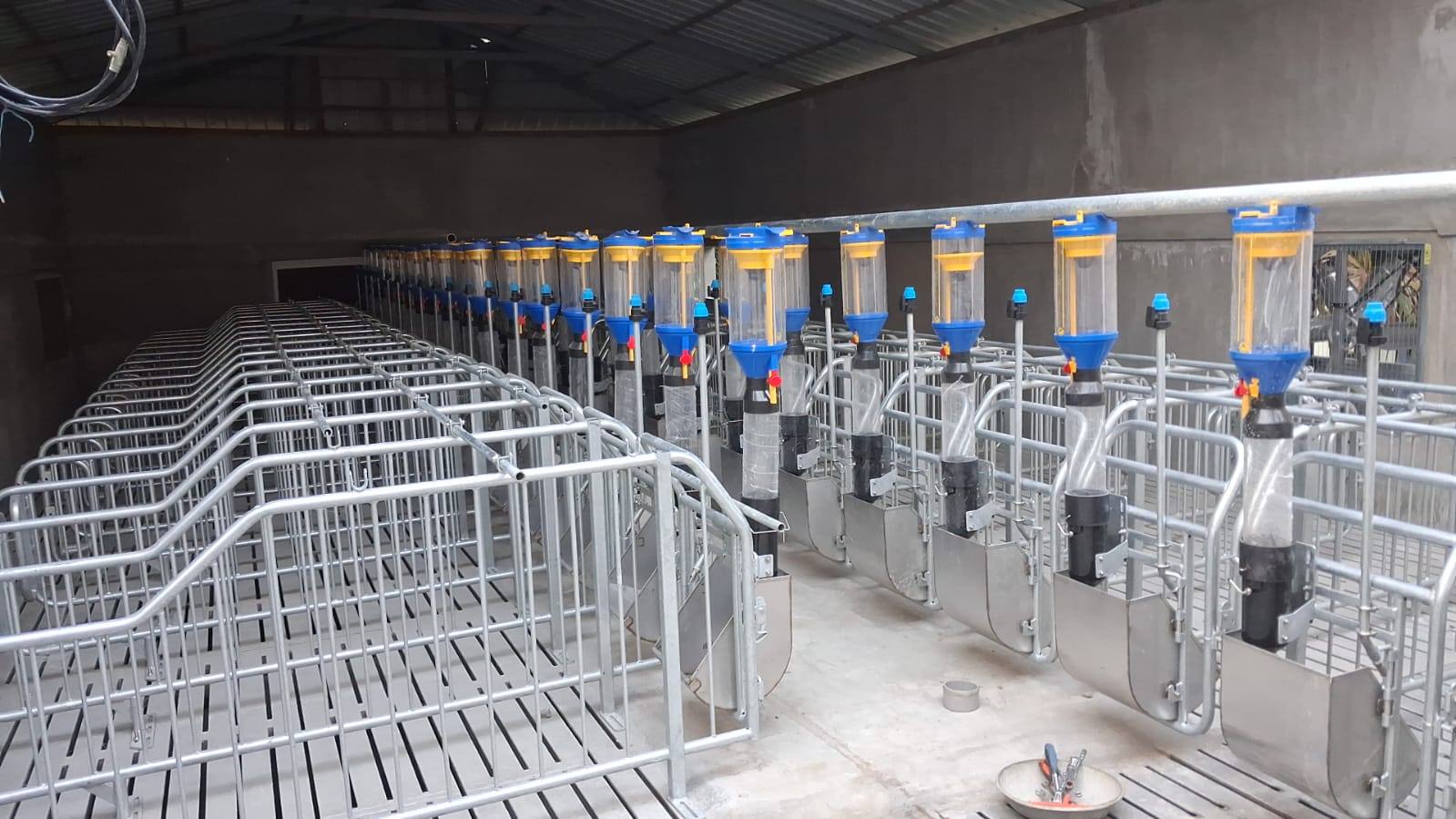Building a modern pig farm requires scientific planning, strong biosecurity, and the use of advanced livestock technologies. A well-designed facility improves herd health, enhances production efficiency, and reduces overall operating costs. Below are the key requirements and best practices for modern pig farm construction.
1. Location Selection
Choosing the right site is critical for farm performance. The location should:
-
Be far from residential areas
-
Have good ventilation, sunlight, and natural drainage
-
Provide clean, stable water supply
-
Avoid low-lying, flood-prone areas
-
Ensure convenient but controlled access
2. Scientific Farm Layout
A standardized layout reduces labor pressure and minimizes disease risk. A modern farm should:
-
Separate breeding, gestation, farrowing, nursery, and finishing units
-
Apply one-way flow of animals, staff, and equipment
-
Include isolation and quarantine zones
-
Separate vehicle entry, loading, and feed delivery areas
-
Integrate efficient manure collection and environmental systems
3. Environmental Control
Stable environmental conditions are essential for pig health. Farms should implement:
-
Mechanical ventilation systems
-
Environmental controllers for heating/cooling
-
Cooling pads, fogging systems, fans, or heaters
-
Proper air quality management to reduce harmful gases
4. Biosecurity Measures
Biosecurity is the foundation of modern pig production. Key measures include:
-
Strict entry controls (shower-in/shower-out, clothing change)
-
Equipment and vehicle disinfection
-
All-in/all-out management
-
Regular vaccination programs
-
Effective rodent, insect, and bird control
5. Water and Feeding Systems
Clean water and proper feeding systems directly affect growth and reproductive performance. This includes:
-
Automatic feeding systems
-
Filtered or disinfected water supply
-
Proper water line height and capacity
6. Breeding and AI Facilities (Sipert Specialty)
As Sipert focuses on artificial insemination (AI) technology, modern farms should include:
-
A clean, controlled AI laboratory
-
Temperature-controlled semen storage room
-
Hygienic boar collection area
-
Sterile equipment and cleaning systems
7. Manure and Environmental Management
Environmental compliance is essential for long-term operation. Farms should adopt:
-
Manure scrapers, flushing systems, or deep-pit designs
-
Biogas digesters or composting facilities
-
Proper wastewater treatment systems
8. Smart Technology Integration
Modern pig farms are increasingly adopting smart systems such as:
-
Automated feeding and monitoring
-
Climate control automation
-
Digital sow records
-
Heat detection and AI management tools
-
Environmental IoT sensors
These systems help reduce labor needs and improve production efficiency.
A modern pig farm requires scientific construction, strict biosecurity, and intelligent management systems. By following these principles, farms can significantly enhance productivity and maintain a healthier herd.
Post time: Nov-18-2025




